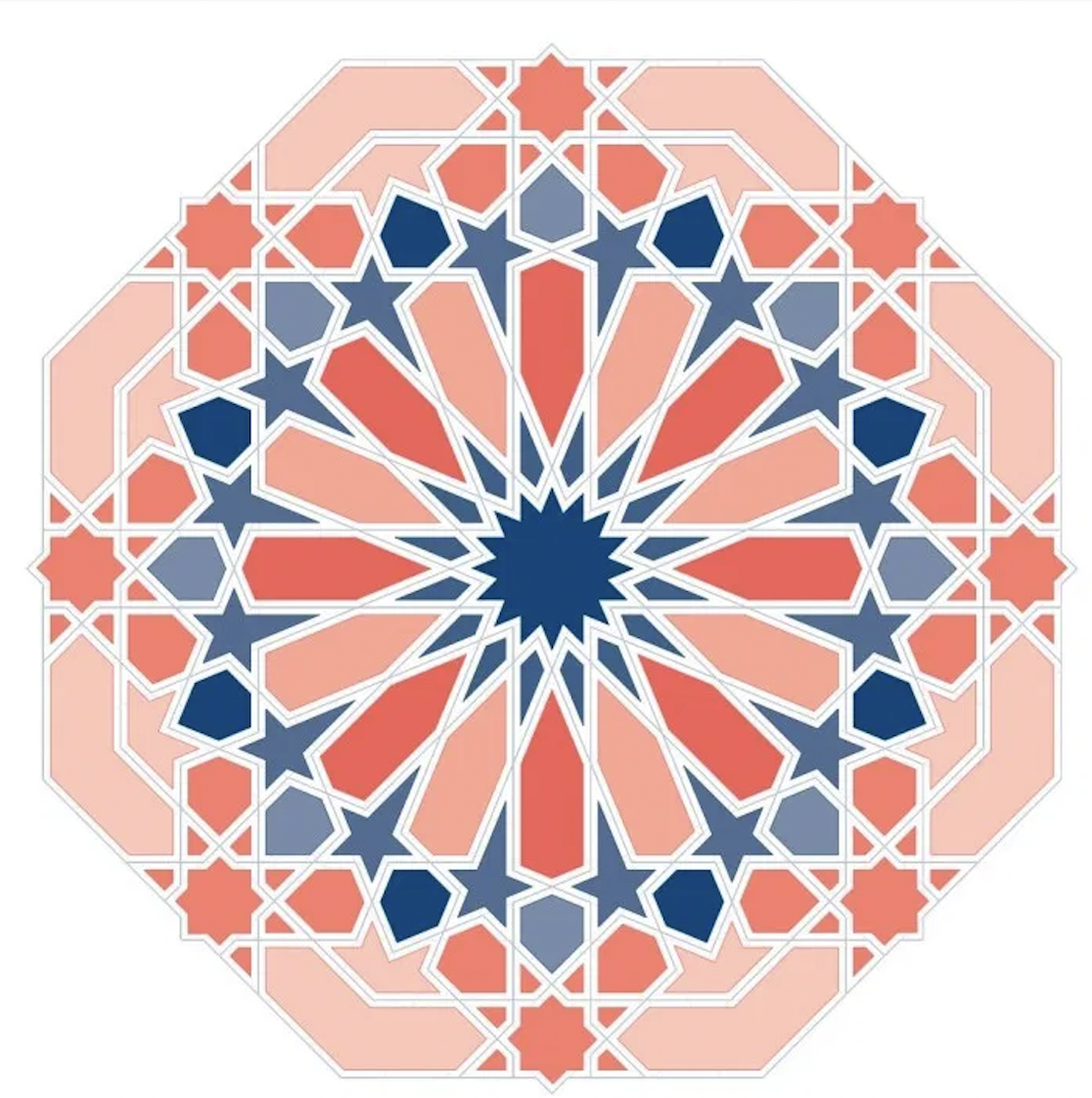Accessible healthcare: A very Islamic concept
The concept of health care for everyone regardless of status or background, is a core Islamic value.
The Prophet Muhammad (pbuh) said: “There is no disease that Allah has created, except that Allah also has created its remedy.”
He also said: “Verily, your body has a right over you.”
As well as our obligation to look after our own health to the best of our ability, Islam teaches the concept of social welfare and looking after our community and vulnerable people.
The concept of health care for ALL is intrinsically Islamic.
The Prophet (PBUH) also said, ‘The believers are like one body in their mutual love and affection: if one limb is injured, the rest responds with sleeplessness and fever.’ [Bukhari]
Healthcare is a fundamental human right - yet millions of people around the world lack access to even the most basic treatments.
According to the Journal of the British Islamic Medical Association, Islamic medical ethics are based on the Qur’an and sunnah of the Prophet (PBUH). It states: “The first main principle of Islamic Medicine is the emphasis on the sanctity of human life which derives from the Qur’an: “whoever slays a soul, unless it is for manslaughter or for mischief in the land, it is as though he slew all men; and whoever keeps it alive, it is as though he kept alive all men “ (Qu ́ran: 5: 32). According to this verse, saving life is an obligation and the unwarranted taking of life is a major crime.”
The Prophet Muhammad valued medicine and treating patients who were unwell. As well as praying to God for healing, Islamically, it is fundamental to do whatever you can physically to save a life where possible.
In the Prophet’s day, he would himself look for physicians to treat those who were sick. He would also take medicine for himself, and encourage his family and followers to take medicine when required.
The first Islamic medical centre was set up in a tent, in the Prophet’s time, by a Muslim woman and companion of the Prophet. This lady was named Rufaydah al-Aslamiyah, and she famously treated soldiers who were wounded in the Battles of Badr, Uhud, Khandaq and more.
Rufaydah was the first female nurse/medical practitioner at least 1200 years before Florence Nightingale. Her father was also physician and he mentored her in the science of healing. The Prophet Muhammad valued the work of Rufaydah very much, and it also shows his positive attitude to women working and being involved in the community. Another great example of a strong Muslim woman was Hazrat Khadija, the Prophet’s wife, who was also a successful businesswoman in her own right and stood side by side with the Prophet.
The contribution of Rufaydah is still to this day acknowledged in the Muslim world. Interestingly, the famous college of nursing at the Aga Khan University in Pakistan was named after Rufaydah in recognition of her services to her community.
For centuries Muslims have been at the helm of medicinal and scientific advancements. Arabs have made significant contributions in this field, but so too did many other Muslims including those is Andalusia. Indeed, it is worth noting that the first public hospitals arose in Islamic cultures. Whereas the Greeks are known for the origins of medicine, they did not have hospitals in the traditional sense. Mostly their patients were initially treated at home.
Following on from Rufaydah’s mini hospital, the first general hospital in the Islamic world was built in 805 in Baghdad under the caliph Harun al-Rashid.
Following this time, more and more hospitals were built across the Muslim world. The Islamic concept of a hospital or ‘Bimaristan,’ had various services besides medical treatment alone. It was also a place for convalescence, a home for emotional disorders, a retirement home that took care of older and vulnerable people. They were also places of learning for future medical practitioners and centres for research.
Although places for ill persons were in existence across the world, they were very basic places which were not in the best condition. They were not ‘hospitals’ in the modern sense of the word. You only have to watch the children’s show ‘Horrible Histories’ to get a realistic sense of how hospitals and doctors treated patients in the west.
Muslim physicians, on the other hand, took a completely different approach. The Bimaristans were not only places to heal physical ailments, but were built in a style that promoted holistic healing of the whole patient. It involved building beautiful places and environments that created an emotional balance and aided inner as well as external healing.
Muslim hospitals looked after rich and poor, due to the Islamic principle of treating people and preserving all life. Hospitals were funded by charitable religious endowments or waqfs, which also helped with the upkeep of the buildings. Hospitals became a central part of the community, and centres of learning.
Crusaders were said to have much admired the Muslim hospitals and they were an inspiration for the hospitals built later in the west.
Muslim learning and practice in the field of medicine has greatly contributed to the world, and Muslim medical practitioners continue to follow the example of their ancestors by healing others. Let us not forget the many Muslim doctors, nurses and keyworkers who died saving others during the pandemic.
